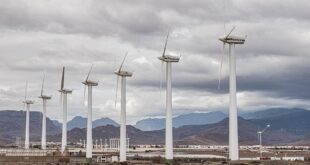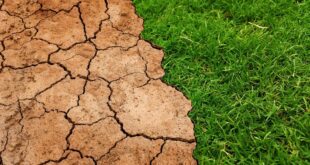Tackling Global Inequality through Climate Justice
Introduction
Climate justice is an important aspect of sustainable development. It focuses on the distribution of environmental benefits and harms within societies and around the world. The effects of climate change have brought about economic and social inequality. Therefore, it’s important to understand the role of climate justice in tackling this global inequality.
Understanding Global Inequality
Global inequality refers to disparities that exist between different countries or regions in terms of resources, wealth, and opportunities. It affects access to education, healthcare, housing, and job opportunities. For example, people living in developing countries experience lower living standards, poor healthcare, and inadequate access to basic needs such as clean water and electricity.
Understanding Climate Justice
Climate justice takes a human rights perspective that all people have the right to a safe and healthy environment, regardless of where they live, their race or social background. Climate change has the potential to harm people more negatively, particularly those who face environmental injustice. For instance, indigenous people whose land is taken away due to the impact of climate change, urban communities in low-lying areas at risk of flooding, and farmers whose crops are destroyed by climate-induced disasters.
Impacts of Climate Change in Relation to Global Inequality
Climate change can significantly impact regions and communities that are already experiencing inequality. Severe climate events including hurricanes, droughts, heat waves, and flooding can destroy homes, infrastructure, livelihoods, and disrupt schools and hospitals. Also, climate change negatively impacts health and nutrition, as extreme weather events and changing temperatures affect food and water security, increase infectious diseases, and worsen existing health conditions.
How Climate Justice Tackles Global Inequality
Climate justice is essential in reducing global inequality. For example, applying sustainable development practices can prevent irreversible damage to the environment and ecosystems that support economic growth and health. Developing green, low-carbon infrastructure can spur economic growth and create new job opportunities while reducing emissions impact. Climate change adaptation measures direct investment in community resilience such as eco-friendly alternatives, innovative materials, retrofit and waste reduction plans, and monitoring technologies. Addressing climate-induced challenges in one particular poor community increases compliance to quality of life measurements and promotes wellbeing.
Conclusion
Moreover, Climate justice strategies promote collaboration in the development sector and influence countries to take significant action on addressing climate change and inequality. This will help to reduce poverty, enhance equality and protect the environment for current and future generations. Indeed, climate justice plays a critical role in addressing the issue of global inequality, and it is evidence that sustainable and responsible decision-making is fundamental for creating positive change.
 Mind Uncharted Explore. Discover. Learn.
Mind Uncharted Explore. Discover. Learn.




